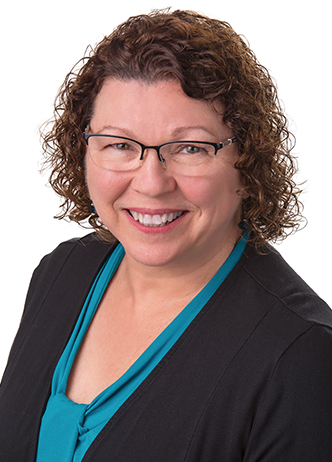The Progressive and Growing Role of the MDS Coordinator
Since the introduction of the Minimum Data Set (MDS) back in 1988, the role of the MDS Coordinator has evolved with increased complexity. In the early days, MDS Coordinators served as the coordinator of key data related to resident characteristics, conditions and acuity. Gathering data and information, managing the team for applicable input as well as transmission of required data were key elements of the earlier MDS Coordinators’ role in a skilled nursing facility.
The dynamic health care environment has transitioned the role of the MDS Coordinator to a key position within a skilled nursing facility. With the dependence on organization data to determine quality, regulatory and financial outcomes, it is vital that MDS Coordinators receive the support and resources to stay on top of all the changes impacting providers across the nation.
What are the key changes affecting MDS Coordinators?
CMS continues to move toward value-based purchasing and standardized data collection across the post-acute care continuum. The IMPACT Act and PAMA legislation continue to drive changes in the collection and use of MDS data for quality metrics. Each post-acute care provider type is collecting and submitting comparable data to CMS quality programs. The Medicare Value Based Purchasing initiative is also using MDS data for risk adjustment of claims information.
How has the role of the MDS Coordinator changed?
The role of the MDS Coordinator is changing as CMS expands the content and use of the MDS. Not only must the MDS Coordinator be knowledgeable about how to correctly code MDS items, but they must also understand how the encoded information is being used by many government programs.
MDS Coordinators are typically RNs who may serve in a variety of roles in the nursing facility. They may be responsible to assign ICD-10 CM diagnosis codes to the resident’s medical conditions. They may be accountable for case management of Medicare Part A and insurance case management. They may also work shifts providing direct care because of the current staffing shortage. The job has grown beyond the scope of coding the MDS. The MDS Coordinator is often the Medicare coverage expert as well as the computer technology consultant within the facility.
What are three strategies for MDS Coordinators today?
- Knowledge – CMS is rapidly publishing changes in both the content and use of MDS data. MDS Coordinators must keep abreast of this changing information as it is released as implementation times are typically within a few months of publication.
- Data – MDS Coordinators have access to and often provide the CMS reports from the CASPER (Certification and Survey Provider Enhanced Reports). There are 13 MDS related reports, multiple reports for 17 SNF Quality Measures, the Review and Correct report for the SNF Quality Reporting Program (QRP) and the Confidential Feedback reports for the Value-Based Purchasing (VBP) program. Each of these reports provides valuable feedback to the MDS Coordinator about the accuracy and timeliness of MDS data and submissions. The reports can also inform the quality improvement efforts of the facility as a whole.
- Monitor – It is critical that the MDS Coordinator understand how to correctly code the MDS and how the MDS data is being used in multiple government programs. Each facility can establish routines for monitoring their data based on the frequency of report updates; monthly or quarterly.
CMS allows a short window of time to correct MDS submissions for the QRP and VBP programs. Both programs have financial consequences for the facility. Ensure that the Review and Correct report and Confidential Feedback report are downloaded and examined routinely.
Quality Measure reports directly impact the facility’s Five Star Quality Rating. Download and analyze those reports at least quarterly.
What support and resources do you recommend for an MDS Coordinator?
- Knowledge – Many MDS Coordinators are selected from the ranks of excellent nurses within a facility. Often the training and education they receive is on the job from their predecessor. The critical nature of this role supports an investment of formal education about the MDS process. An initial “beginners” education works best for new MDS Coordinators followed by national certification after about a year of experience.
- Skills – Facilities are responsible for the accuracy and timeliness of each MDS. Conduct routine audits of accuracy and timeliness. Peer review of MDS coding is a practical and efficient way to perform validation audits. Alternatively, facilities with supporting documentation in their electronic health record can use an external consultant to perform accuracy and timeliness audits remotely. Many facilities engage an external consultant annually to complete an on-site assessment of the MDS process and outcomes.
- Ability – The MDS Coordinator is now the facility’s data manager, as well as serving many other roles. A highly functioning MDS Coordinator is curious about the use of MDS data and is an active member of the leadership team of the facility. Support your MDS Coordinator by allowing them time to participate in training, read User Manuals and share information with your team. Promote and support external education for your MDS Coordinator to promote and support the success of your facility in government programs.
Author: Karolee Alexander
Director of Reimbursement
and Clinical Consulting
Pathway Health

